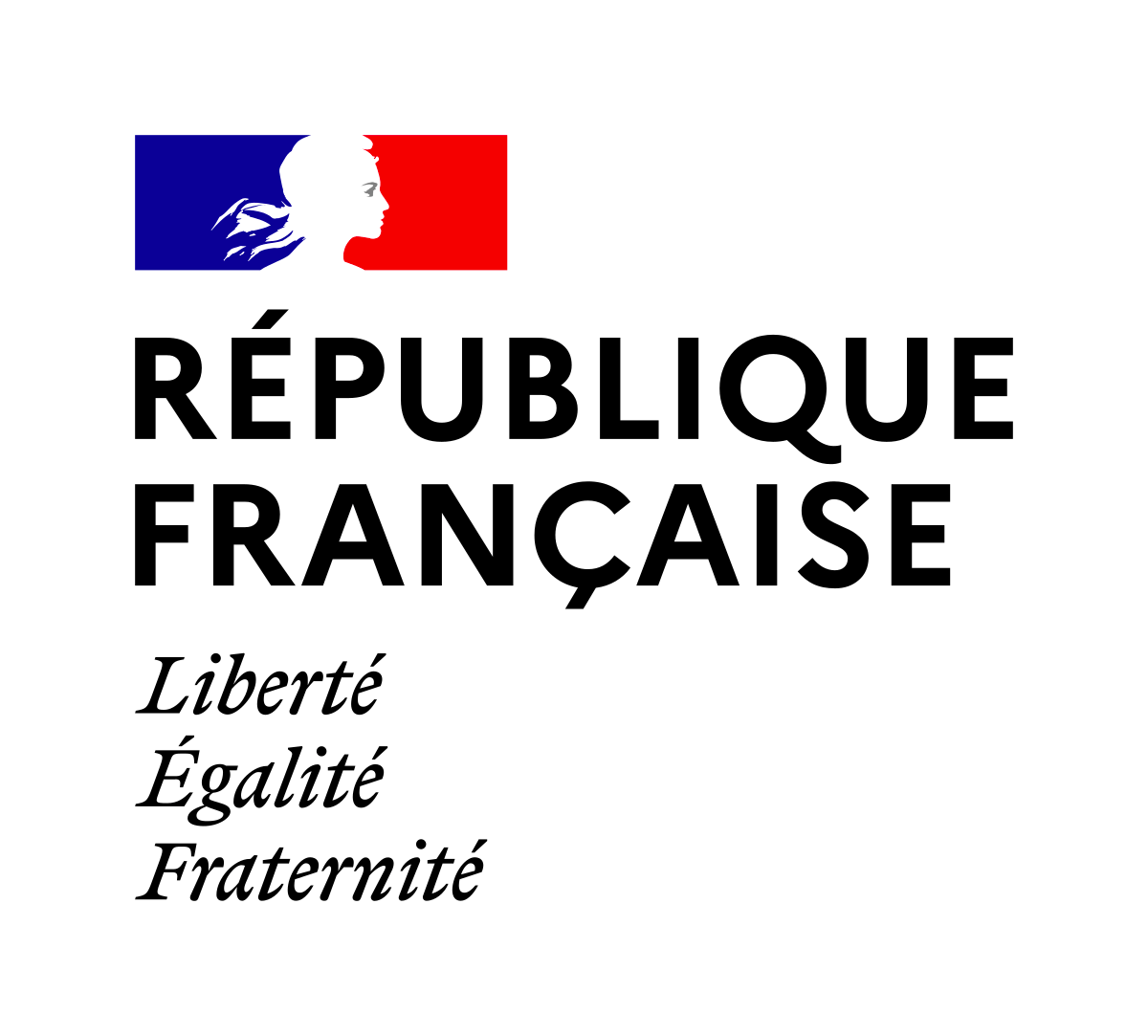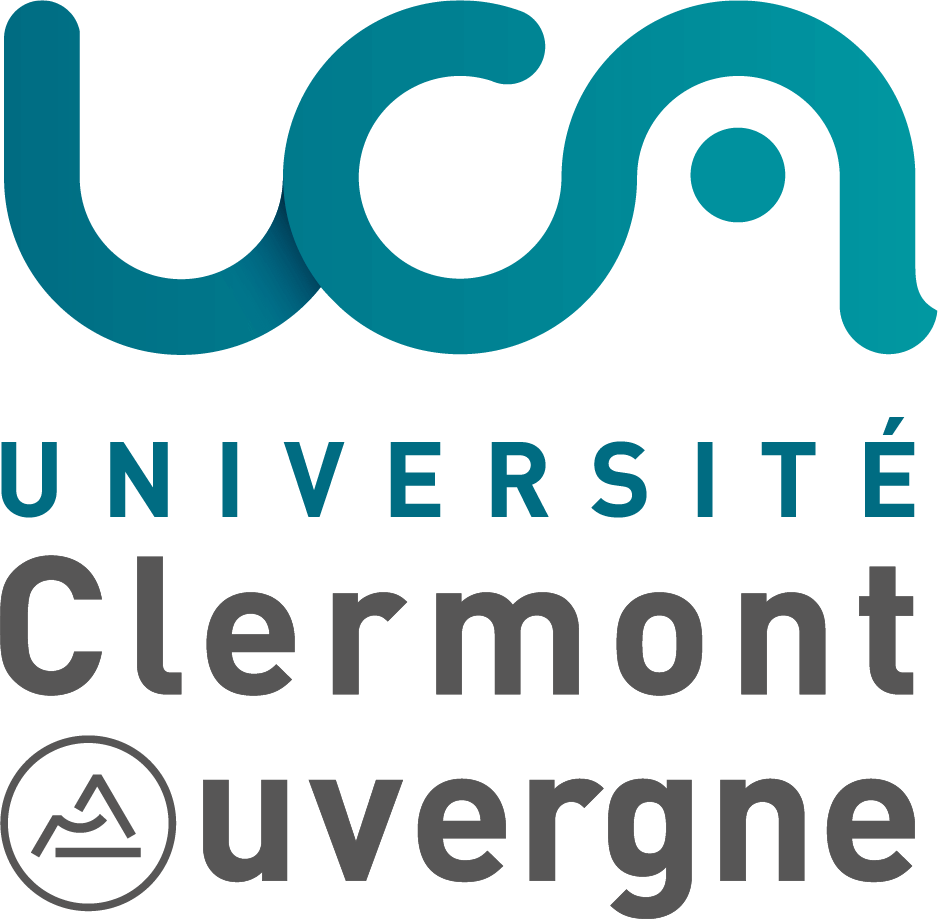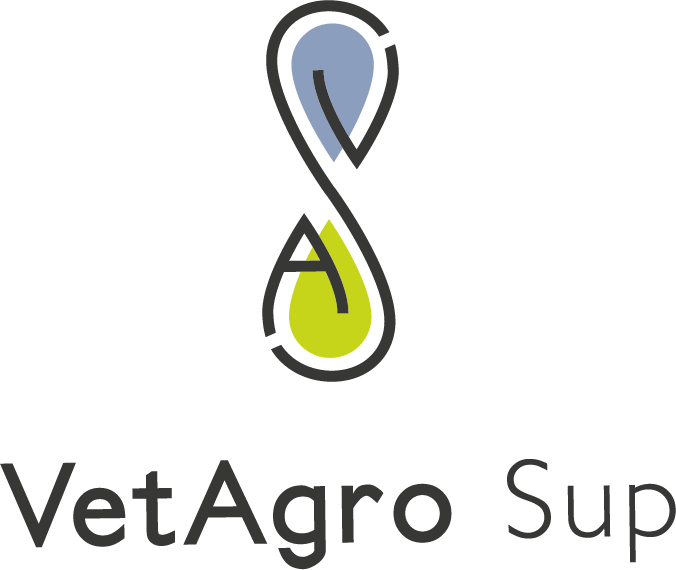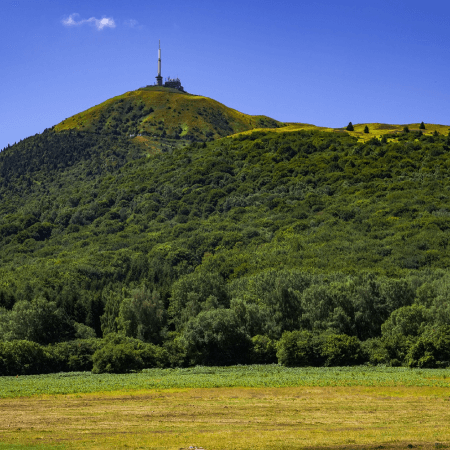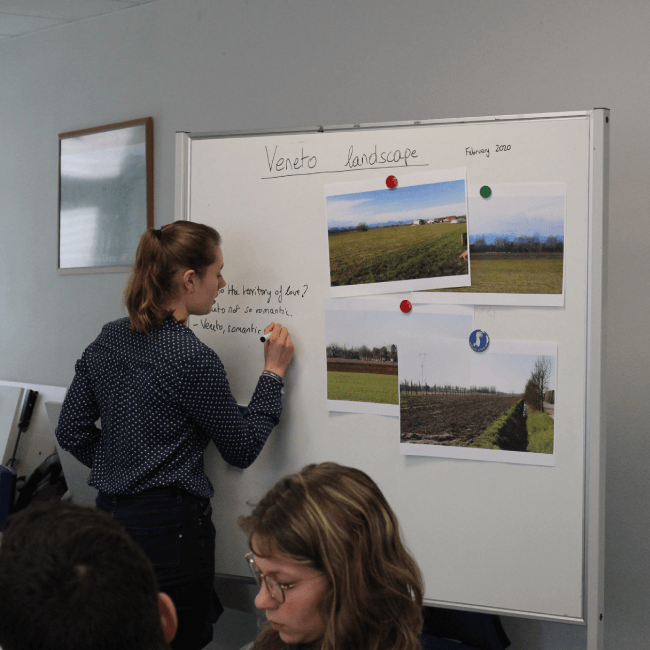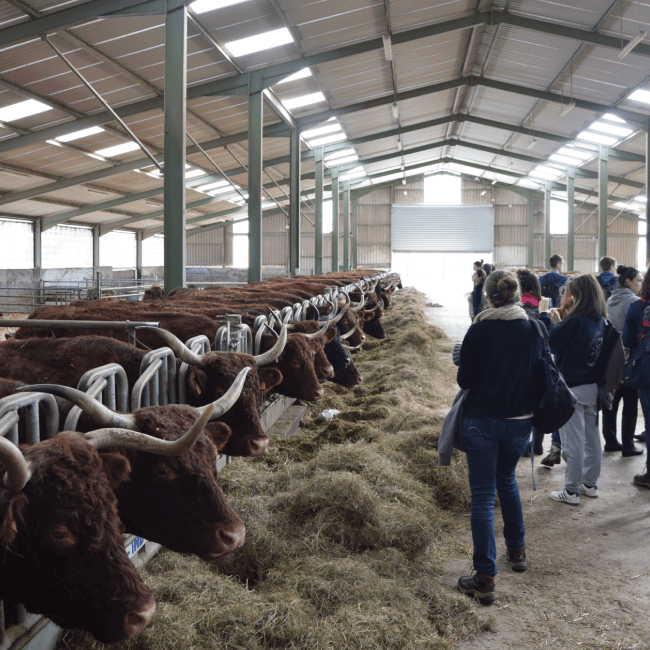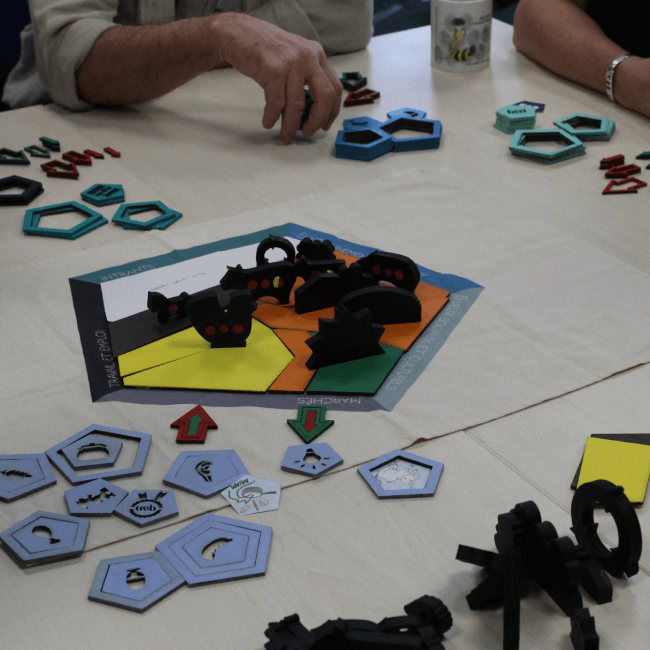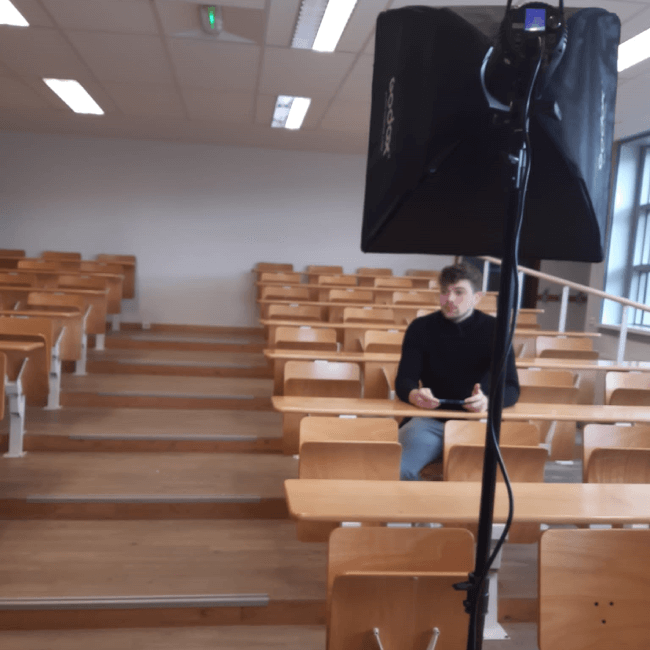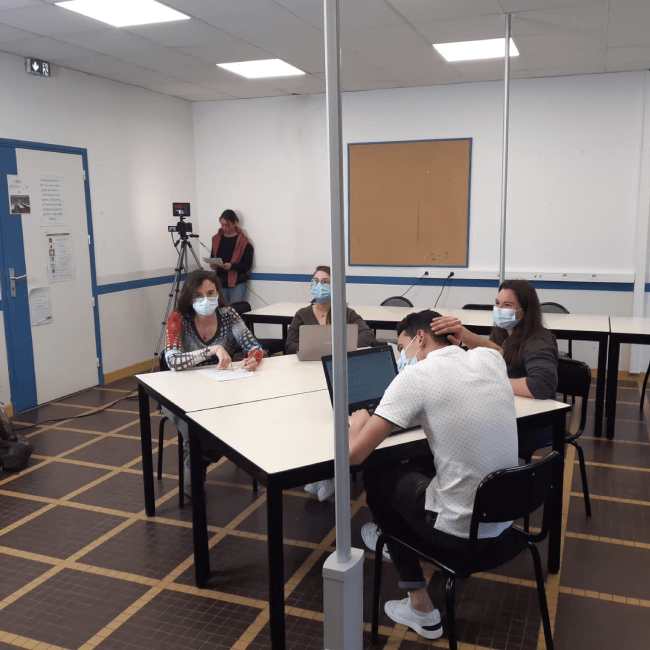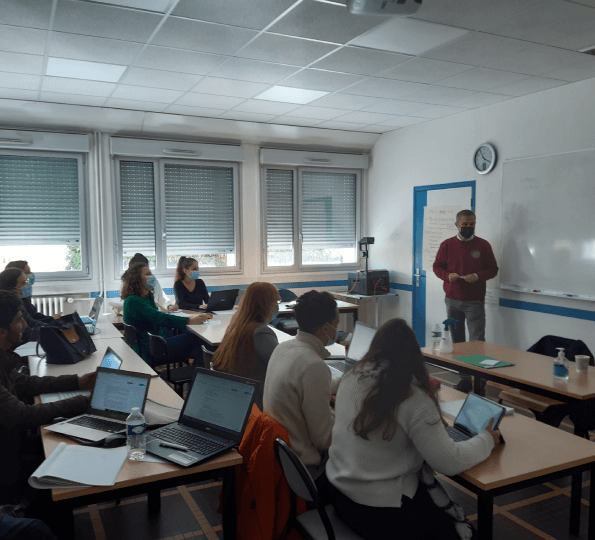The training is innovative with a combination of approches between biotechnical and humanities and social sciences but also through its teaching methods.
Theoretical teaching in various forms is offered (face-to-face lectures and videoconferencing (international experts), tutorials, flipped courses, visits, seminars), to acquire knowledge and then put it into practice through role-playing, case studies and applied field projects in association with professionals.
The teaching is carried out by the teachers and assistants professors of the various institutions, by international experts and by a large number of stakeholders from the socio-professional world.
